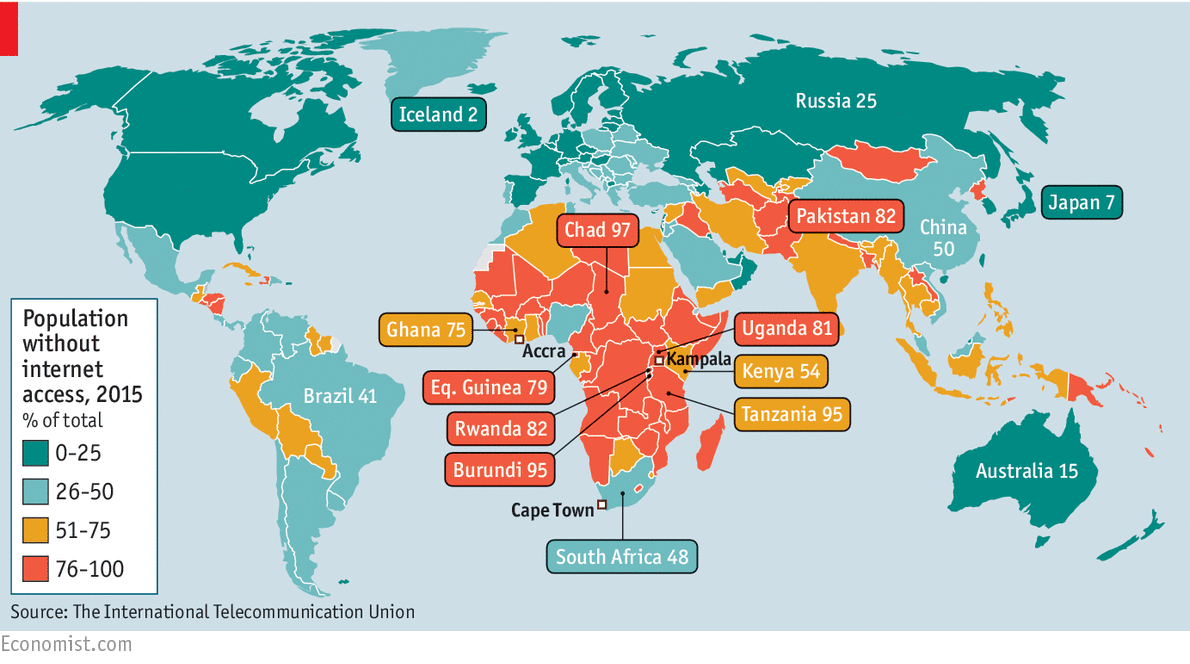Technological advances associated with the fourth industrial revolution – including artificial intelligence – allow the automation of an increasingly wide array of processes in increasingly interactive and sophisticated ways. These advances will likely give rise to many opportunities for economic and social development in developing countries, for instance by increasing food production.


Three of these inter-related risks are worsening unemployment, increasing concentration of economic power and wealth, and the spread of biases in influential algorithms. They will manifest in different ways and require different responses in diverse contexts. A cross-cutting problem is that too few developing country governments are giving these risks serious attention.
